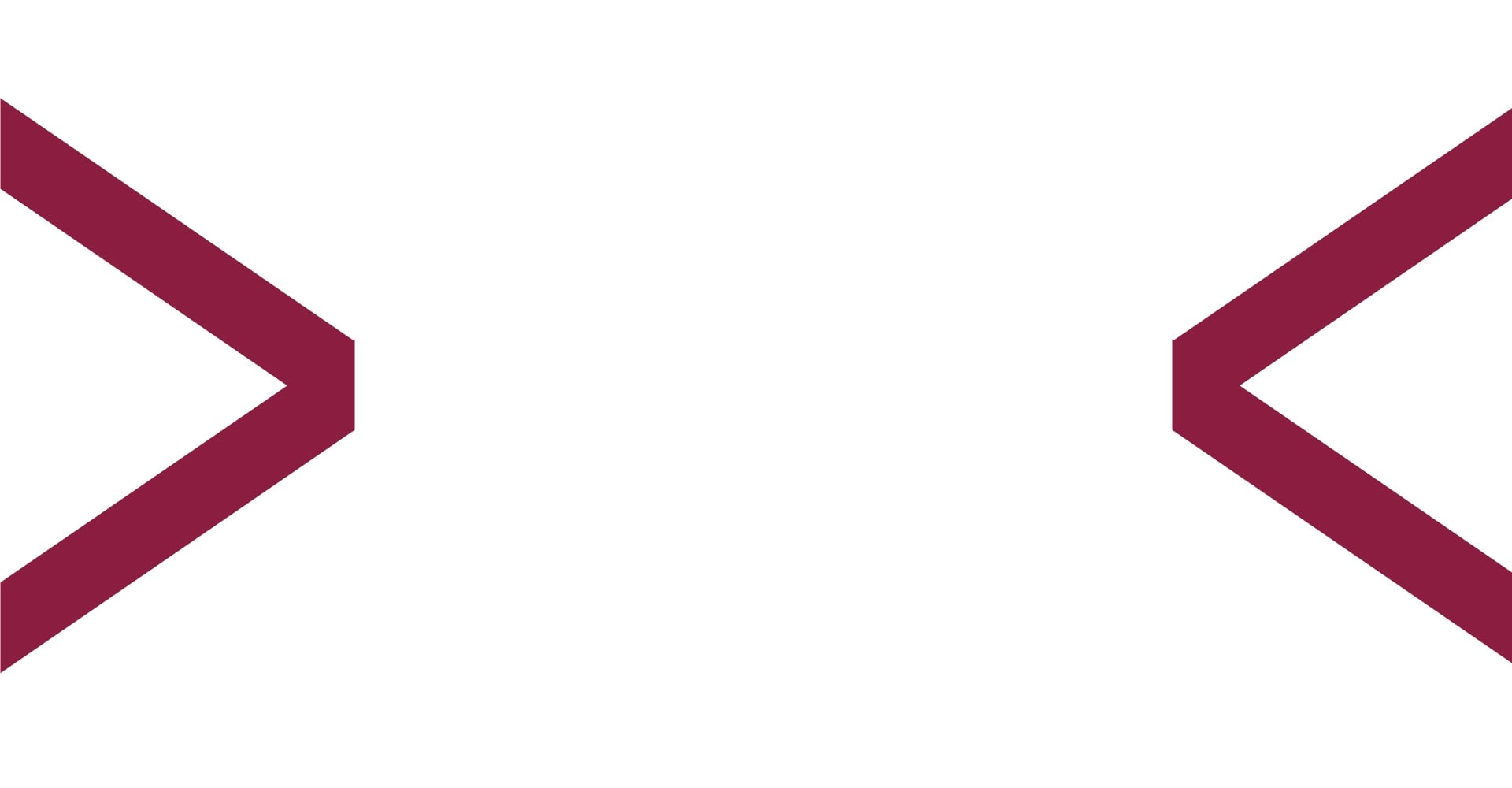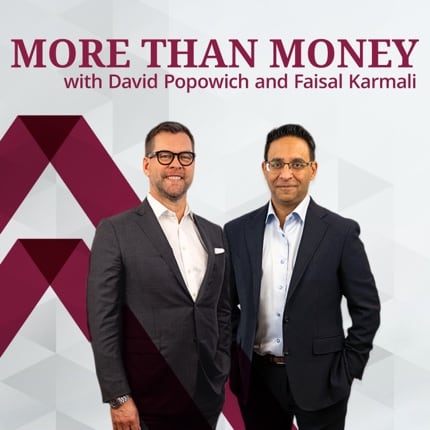March is Fraud Prevention Month, an annual campaign designed to educate Canadians about the scams that are out there so they can avoid them. The theme of this year’s campaign is “20 Years of Fighting Fraud: From Then to Now.” We invited recurring guest Hilary McMeekin, Director of Communications and Investor Education with the Alberta Securities Commission on the show to talk about how fraud has changed over the years and what you need to know to protect yourself.
In 2023, the Canadian Anti-Fraud Centre received 4,010 reports of investment fraud from 3,631 victims for a total of $309.3 million (Source: CTV News). It is not surprising that technology has played a significant role in helping fraudsters improve their same old tricks and make them even more convincing. According to Statistics Canada, reported cases of fraud in Canada have almost doubled over the past ten years, surging from 79,000 in 2012 to 150,000 in 2022 (Source: Government of Canada). Once, fraudsters relied on telemarketing, mail outs, or even coming to our doors. Now, our smartphones give them access to us wherever we are. They can find us through channels like text message, email, social media, and dating apps.
The rise of Artificial Intelligence (AI), in particular, has made it easier to impersonate companies or individuals by creating fake images, videos, or audio. McMeekin warns that it can be difficult to distinguish what is real from what has been generated from AI.
To help, here are five red flags to watch out for:
- Videos of a well-known person promoting an investment opportunity, especially if it is out of character for that person.
- Unusual or inconsistent movements in videos.
- Unusual or inconsistent phrasing.
- Websites that mimic real companies, but with slight differences (for example, their logo does not match).
- Unexpected phone calls or messages, especially if the person on the other end is using pressure to get you to act fast.
According to McMeekin, the one thing that has not changed is that we are all vulnerable. There is no stereotypical victim of fraud. Fraudsters are professionals; they are good at what they do. And that makes us all fair game.
So what can you do to protect yourself?
McMeekin says that the first step is awareness. Always be on the lookout for fraud and trust your instincts when something just does not feel right. If it seems too good to be true, it probably is.
Remind yourself that you are in control. Fraudsters often use high pressure tactics to motivate you to act before you have had a chance to think the information through. When you feel pressured, step back. Pause. Remember that you are not obligated to share information or continue the conversation before verifying that what has been presented to you is accurate.
If something seems suspicious to you, do your research. Fraudsters may use the Internet for evil, but you can use it for good. Check names, information, and even logos against companies’ websites to verify their authenticity.
Finally, make use of the resources that are available to you. The Alberta Securities Commission provides great content online, including 31 common investment scams and red flags to help you learn to recognize, avoid, and report investment fraud. Checkfirst.ca is another website designed to help you avoid investment fraud. Before proceeding with an investment, you can check the registration of the individual or company offering you the opportunity through the Canadian Securities Administrators National Registration Search.
David Popowich and Faisal Karmali are Investment Advisors with CIBC Wood Gundy.
CIBC Private Wealth consists of services provided by CIBC and certain of its subsidiaries, including CIBC Wood Gundy, a division of CIBC World Markets Inc. The CIBC logo and “CIBC Private Wealth” are trademarks of CIBC, used under license. “Wood Gundy” is a registered trademark of CIBC World Markets Inc.











